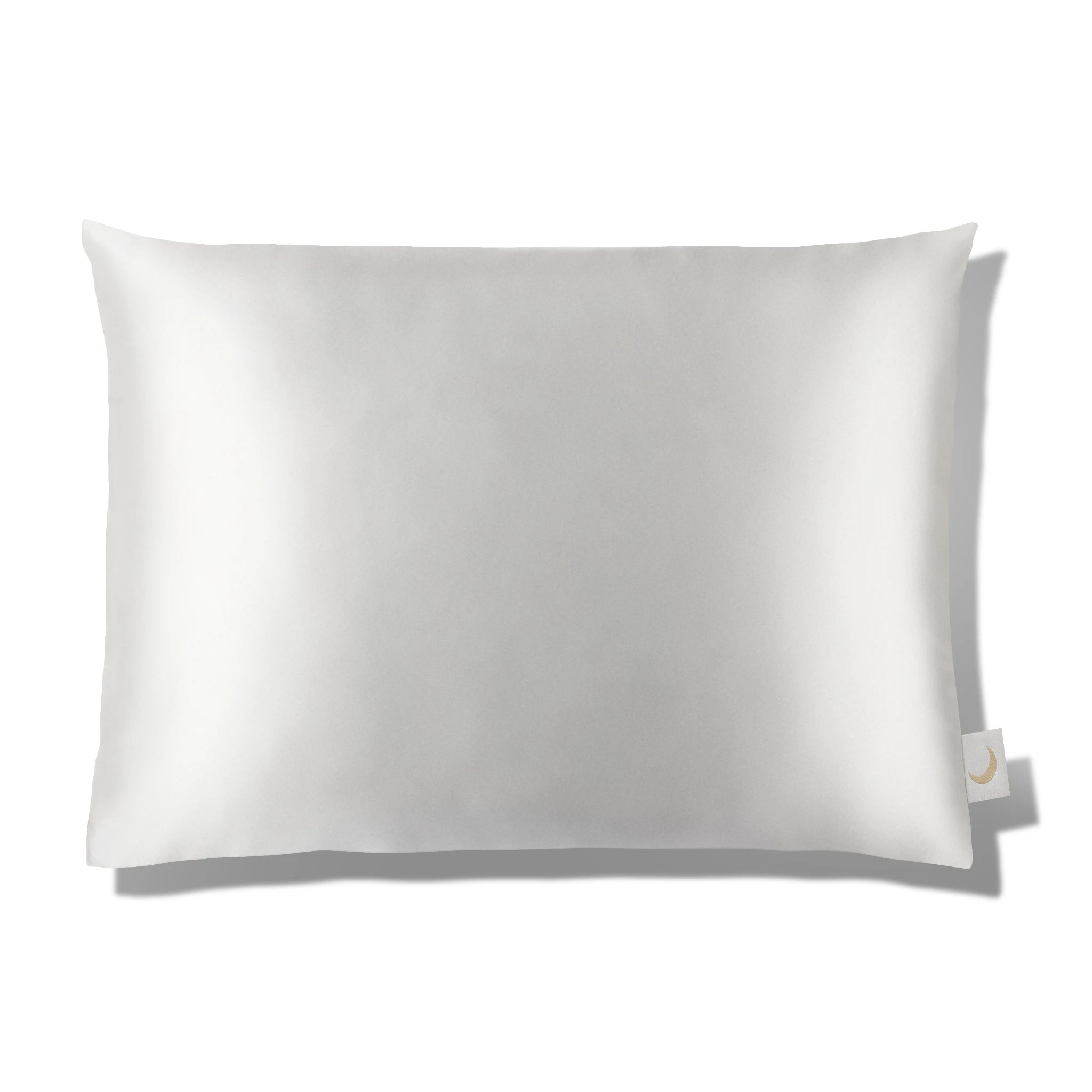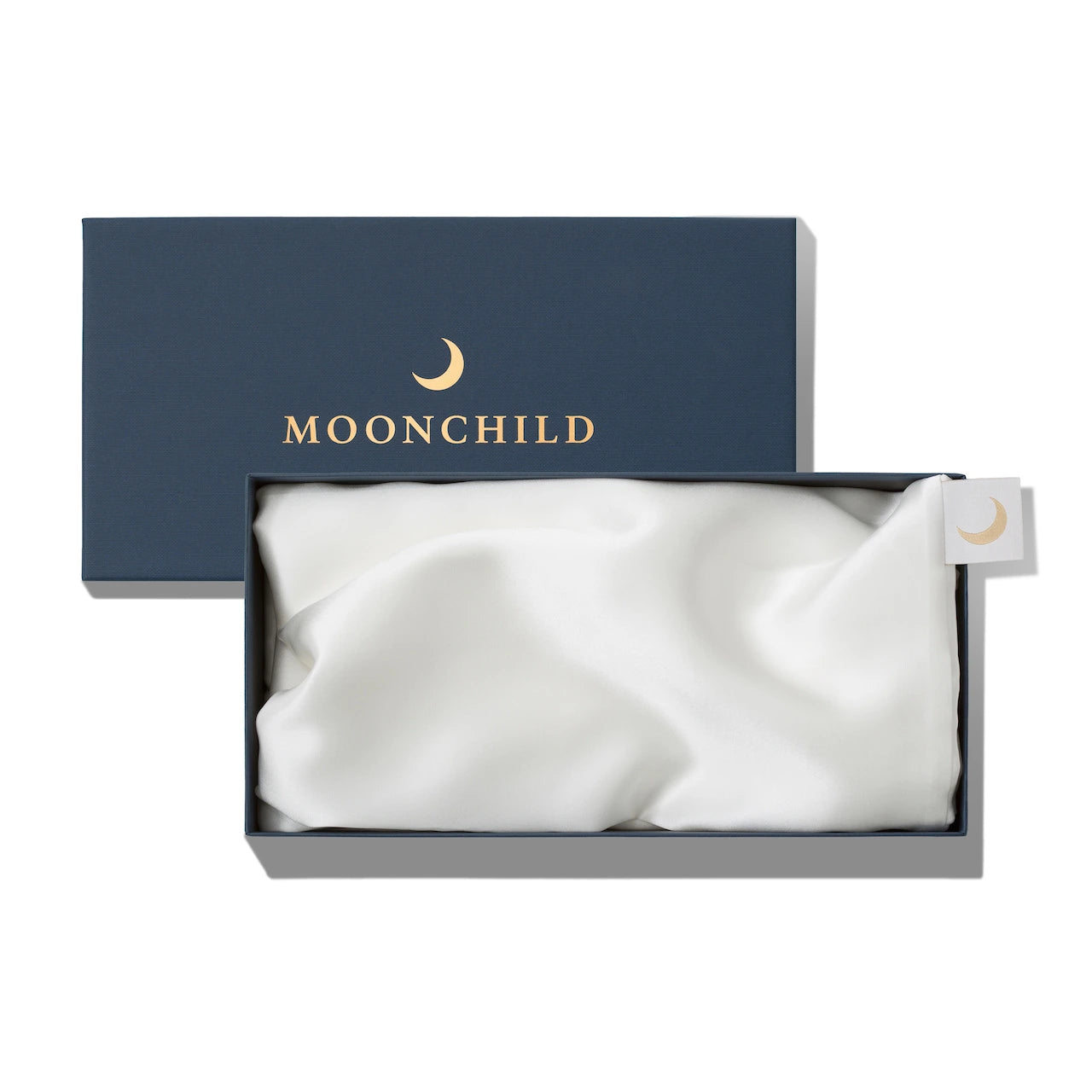We know it can be hard to tell the real sustainable brands from the ones that just claim to be. In fact, new legislation is on its way to make green claims illegal in the EU. This will help truly sustainable brands stand out and help consumers make more informed choices. Spotting greenwashing can be tricky, but here are common (over)used green claims and tips how to spot them.
Greenwashing – How to spot Green Claims?
- "Eco-friendly": This broad, vague claim is often used without specifying how the product is environmentally beneficial.
- "All-natural": Just because something is natural doesn’t mean it's safe or sustainable. Harmful substances can be natural (e.g., arsenic, lead).
- "Made with organic ingredients": What does that mean? This could cover up only a tiny percentage of organic ingredients used, while the rest of the product remains conventional.
- "Biodegradable or sustainable packaging": Why the emphasise on packaging? What about the product? Packaging may claim to be biodegradable, but may take years to decompose, or may only decompose under special conditions not typically found in landfills.
- "Non-toxic": Everything is technically toxic at some level. This claim doesn't indicate whether the product is safe to use in the real world.
- "CFC-free": Chlorofluorocarbons (CFCs) have been banned in 2010, so this claim is irrelevant and misleading.
- "Plastic-free": A product labeled "plastic-free" may use alternative synthetic materials that are not necessarily better for the environment and still have a significant carbon footprint, require toxic chemicals to produce, or be difficult to recycle.
- "Recycled plastic": This might only contain a small fraction of recycled material. Recycling can be energy-intensive or require harmful chemicals. Plastic can only be recycled a few times before it degrades in quality and may eventually end up as non-recyclable waste, making the "recycled" claim less impactful in the long run.
- "Sustainably sourced": The term “sustainably” is often not clearly defined or backed by transparent sourcing practices. "Green collection or green product": A product might be labeled green, but the overall company operations or other product lines are still harmful to the environment.
- "Carbon-neutral" or "Net-zero": Often means the company purchases carbon offsets without actually reducing its own emissions.
- "Recyclable": Many products or packaging claim to be recyclable but aren't easily recyclable in most local facilities or require specialized recycling.
- "Compostable": Products may say they are compostable, but only in industrial composting facilities, not in home compost piles.
- "Energy-efficient": A product may save energy during use but be energy-intensive to produce, making the overall benefit questionable.
- "Vegan": Vegan products can still have a significant environmental impact, especially if they rely on resource-intensive crops or unsustainable manufacturing processes. Read on here why vegan silk does not imply organic silk.
- "Cruelty-free": Products may claim to be cruelty-free in animal testing but ignore the environmental or human rights issues associated with production.
- "Environmentally responsible": This phrase is meaningless without specific details on how the company or product minimizes its environmental impact.
- "No harmful chemicals": Companies may make this claim, but it often lacks context about what "harmful" means and what chemicals are being avoided.
- "Zero waste": A company may produce zero waste at one stage of production but still generate waste at other stages or in the supply chain.
- "Clean energy": A company may claim to use clean energy but only for a small portion of its operations, while the rest still relies on fossil fuels.
- "Ethically made": This claim can be misleading if the company does not clearly define its ethical standards or fails to audit its supply chains for labor or environmental abuses.
- False Labels or Fake Certifications: Some companies create their own misleading "green" logos or labels to mimic legitimate certifications.
- Donations: Sometimes companies donate to environmental causes or projects as a greenwashing tactic. Check if they are genuinely committed or if it's just a PR move.
How to Avoid Falling for Greenwashing?
There are a few simple steps to avoid falling for greenwashing and ensure true sustainability. These are the steps we rely on:
- Check for Transparency: Look for information on how the brand ensures ethical and sustainable practices throughout their supply chain, from raw materials to labor conditions.
- Look for Specific Data: Avoid vague claims like “eco-friendly.” Seek measurable data on impacts like energy savings or reduced emissions. Trust those that clearly explain terms and are honest about challenges.
- Verify Certifications: Look for trusted third-party audits or certifications like USDA Organic or GOTS, and verify their legitimacy through public databases. Be smart about sustainability certifications.
- Focus on Real Impact: Avoid marketing hype. Look for brands providing context and evidence of real improvements over time.
- Check for Continuous Improvement: Look for clear future goals and progress updates, like transitioning to renewable energy.
- Engage with the Brand: Brands should offer educational resources and be open to consumer feedback on sustainability. When a brand does not disclose certain details, it is telling. Anyone who is sustainable usually communicates their efforts.
- Watch for Company-Wide Sustainability: Ensure sustainability extends across all operations, not just one “green” product line. Check whether the brand addresses a broad range of environmental and social issues, such as carbon emissions, water use, energy efficiency, fair labor practices, and biodiversity. Sustainability isn’t just about reducing plastics—it encompasses many factors.
Is "Recycled Plastic" a Greenwashing Claim?
"Recycled plastic" can sometimes be a greenwashing claim when companies use it as a misleading or incomplete marketing tactic. Here's why:
- Low percentage of recycled content: "Made with recycled plastic" may contain only a small percentage of recycled material, but it doesn't clearly communicate that. The claim gives the impression of a completely green product, even if most of it is made from virgin plastic.
- Doesn't address overproduction: Using recycled plastic doesn't solve the problem of plastic overproduction. Even when plastic is recycled, it often ends up as litter or in landfills after its use. The push to use "recycled plastic" can distract from the larger issue of reducing overall plastic use.
- Limited recycling cycles: Plastic can only be recycled a few times before it degrades and cannot be reused. A product made from recycled plastic may eventually end up as non-recyclable waste, making the "recycled" claim less meaningful in the long run.
- Energy-intensive process: The process of recycling plastic itself can be energy intensive and require harmful chemicals. Without transparency into how the recycling process is handled, the environmental benefits of using recycled plastic may be overstated.
- Diverts attention from sustainable alternatives: Companies may highlight "recycled plastic" as a green choice while ignoring more sustainable alternatives, such as reducing plastic use altogether, using biodegradable materials, or moving to a truly circular economy model.
By following a few simple steps, you can make informed decisions and avoid falling for greenwashing. Knowledge is power in an increasingly fast paced world. Truly sustainable products often have its price tag, which usually pays off when we get a better product and help shaping a better tomorrow.





















